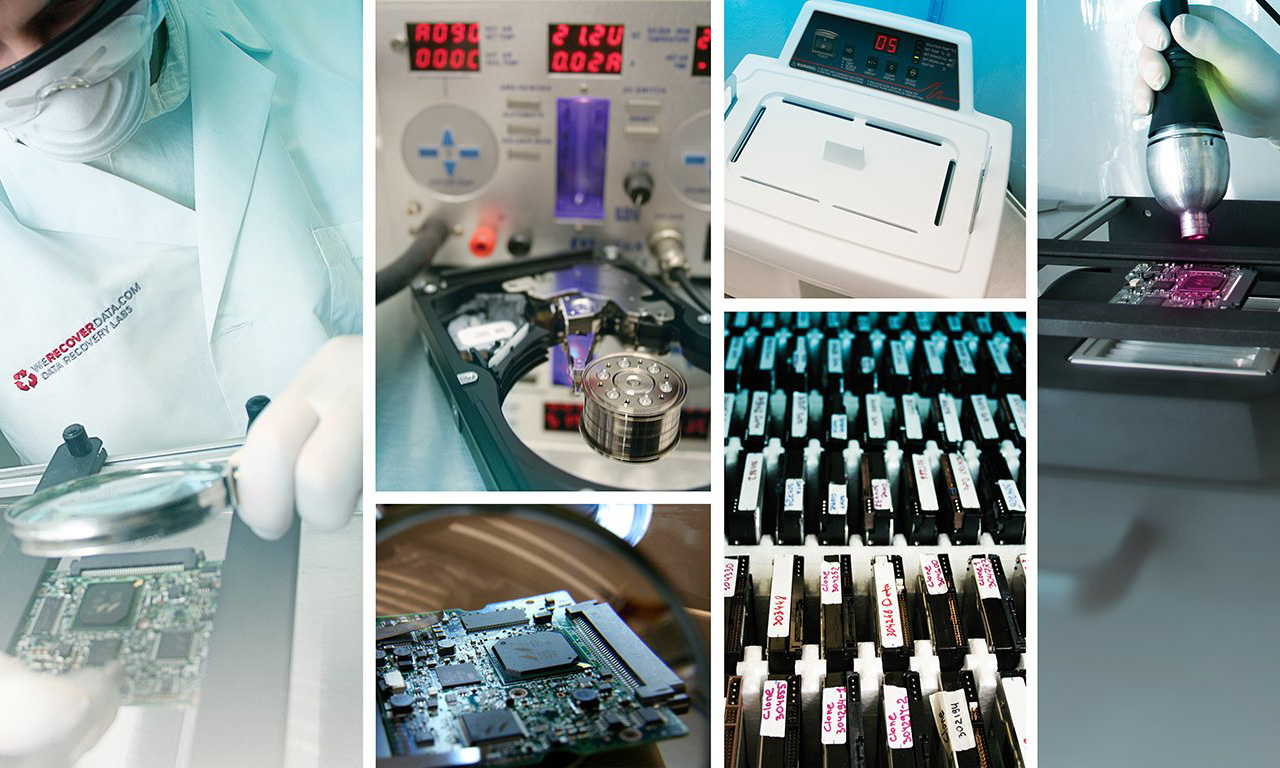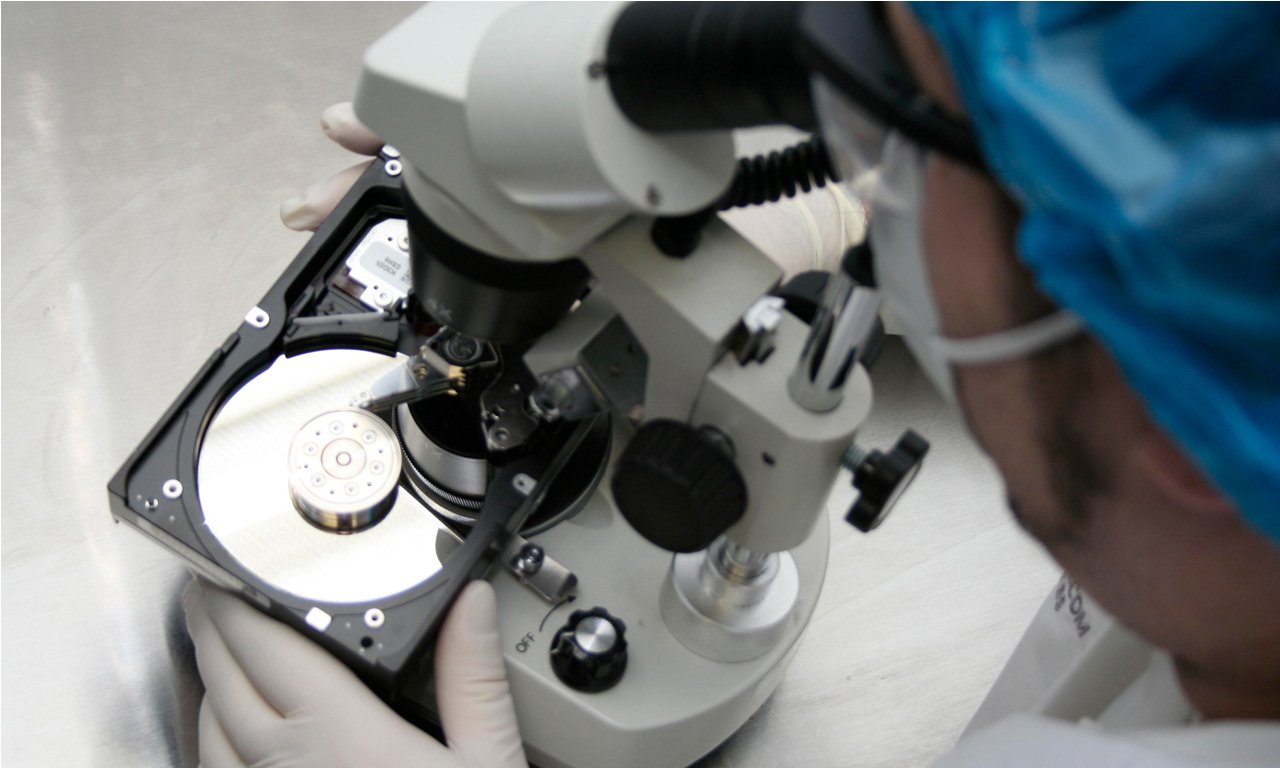Contact Tracing and Privacy – What You Need to Know
By Matt Brennan
How to provide proper contact tracing and privacy measures during a pandemic is a growing concern for the millions of Americans impacted by this disease. While the U.S is experiencing another spike in Covid-19 cases, contract tracing is revving up as another method to manage the disease. Privacy and cybersecurity issues are appearing in the headlines on a regular basis, as we work to track the path of the virus.
The tracing methods being used in the partnership between Apple and Google depends extensively on Bluetooth low energy technology to inform individuals when they’ve been exposed to the virus. The potential success of this application rests on mass participation, and the tech companies involved have the ability to secure that. But privacy questions emerge based on the methods these companies use to secure that type of cooperation.
The American Civil Liberty Union (ACLU), a growing group of concerned scientists, and the Electronic Frontier Foundation have all expressed their concerns over the privacy and cybersecurity issues involved in that effort.
The ACLU’s concerns rest with the potential for overreach, discrimination, and ensuring that participation remains voluntary. These become hurdles that could potentially impact the success of the long-term project.
What Contact Tracing Apps Accomplish
Contact tracing applications can play an integral role in stopping the spread of the Covid-19 virus by alerting people early on to a potential threat. They offer the use of commonplace technology as a means to provide knowledge of a threat early enough to slow the eventual spread. But the ability for that to work, and for the technology to dependably spot potential exposure, relies on people to forgo some level of privacy.
The Bluetooth technology being used would allow for a higher level of individual privacy than an app that is based on individual geo-location tracking. It still works and provides useful information because contact tracing depends on collecting a vast amount of data on the general population.
How that data is stored, and what that data can be used for in the future also needs to be addressed. Congress is considering legislation to ensure that collection stops in the aftermath of the pandemic, and that the data is sunset at this time. But it’s tough to say whether that can be enforced, and whether that will actually happen.
Contact Tracing and Privacy – An Increased Potential for Data Theft
Any time you have mass collection and centralized storage of personal data by the government, you run an increased risk of data breaches occurring. The apps also open individuals up to the threat of phishing scams, ransomware, and other cyberattacks.
The issues and potential threats involved will need to be addressed in order for this technology to live up to its full potential.
Conclusion
The technology exists for phone apps to have a tremendous positive impact in the fight against Covid-19. They can alert people early on to the threat of the virus, and potentially limit or stop the spread of the disease in individual cases. But in order for this to occur, the intertwined link between contact tracing and privacy will need to be addressed.
Questions need to be answered about what will be done with the data after the pandemic, who will have access, and how it will be guarded. If that data can be safely managed, this technology can be an extremely useful asset as we address the pandemic.





















